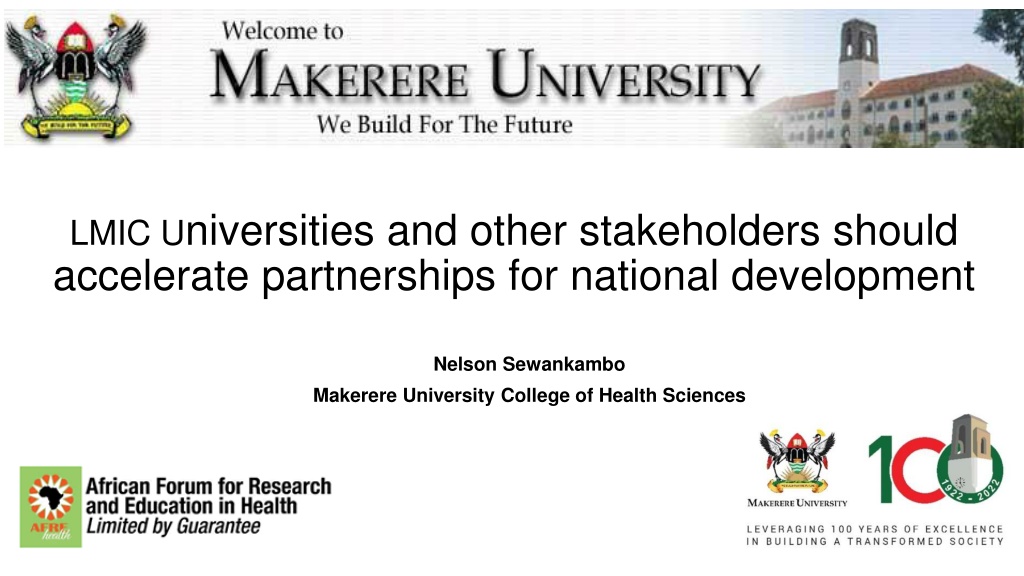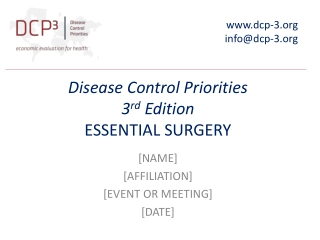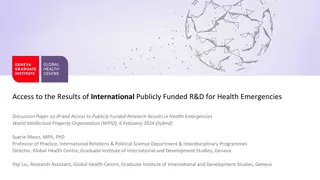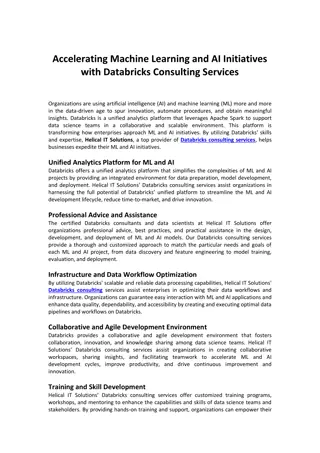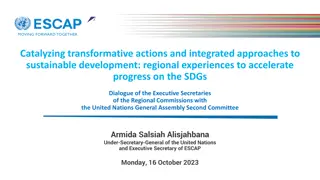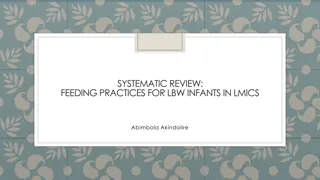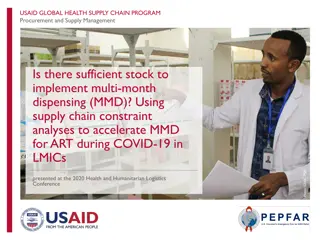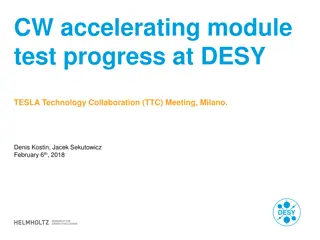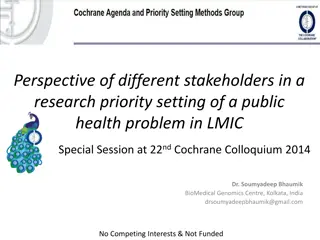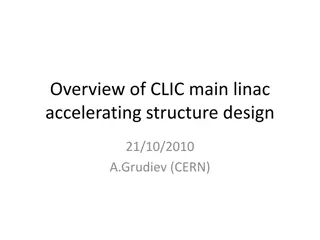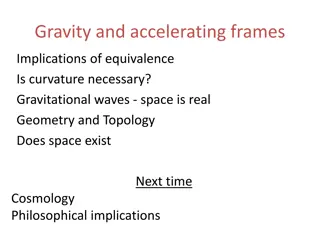Accelerating Partnerships for National Development in LMICs
LMIC universities and stakeholders must enhance partnerships to address the challenges posed by disruptive changes, including the knowledge economy, globalization, technological advancements, the COVID-19 pandemic, and climate change. Inadequate collaboration, historical relationships, weak infrastructure, and resource constraints hinder progress. Initiatives like AFREhealth and increasing momentum highlight the importance of redefining future work dynamics and strengthening LMIC partnerships for sustainable development.
Download Presentation

Please find below an Image/Link to download the presentation.
The content on the website is provided AS IS for your information and personal use only. It may not be sold, licensed, or shared on other websites without obtaining consent from the author. Download presentation by click this link. If you encounter any issues during the download, it is possible that the publisher has removed the file from their server.
E N D
Presentation Transcript
LMIC Universities and other stakeholders should accelerate partnerships for national development Nelson Sewankambo Makerere University College of Health Sciences
LMICs are at the cross LMICs are at the cross- -roads with many disruptive roads with many disruptive changes: Partnerships are a potential solution changes: Partnerships are a potential solution The knowledge economy & globalization -> human capital Country resources not adequately exploited for LMICs development Underutilized potential eg Africa s population Young/doubling - 2030 Rapid technological changes and the Fourth Industrial revolution COVID-19 pandemic & HIC nationalism undermining LMICs Climate Change and its greater impact on the most vulnerable Widening inequalities between and with countries All above call for redefining the Future of work
Insufficient LMIC partnerships with stakeholders Insufficient LMIC partnerships with stakeholders (communities, LMIC governments, research (communities, LMIC governments, research institutions, industry, private sector, funders): Why? institutions, industry, private sector, funders): Why? A fixed mindset to first think of collaboration with HICs LMICs coloniality/relationships with the countries colonial past Weak infrastructure, low resources, uncertain nature and quality of university academic core in many LMIC institutions The World bank policy de-emphasized tertially education based on the infamous study (Psacharopoulos et al 1986) The vexing problematic of the role of higher education in LMICs national development and nature of the pact between Universities, political authorities and society at large
AFREhealth: A pan-African consortium led by Africans to address Africa s health needs
Momentum for LMIC Partnerships Is Building Up Momentum for LMIC Partnerships Is Building Up
Institutional Partnerships for development: Way forward Mindset shift adapted to 21st-Century challenges Keep questioning the status quo Avoid a colonial mentality in approach Equity as a guiding principle Exploit new opportunities Concern for community welfare and devt Ensure a human-centered approach Advocacy for partnerships e.g AGHP Develop the science of impact evaluation
Summary: Redefining Collaboration in LMICs is urgently needed Forward looking and creative leadership and stewardship of Universities and other institutions & establish strategic partnerships with governments. LMIC governments concrete plans for universities as needed partners in national development, provide reasonable financing (Higher education, research, industry etc) and support for human capital Strengthen community engagement to value/ support LMIC partnerships Funders to invest in building trust in LMIC institutions to lead partnerships which should be funded directly without unnecessarily going through HICs
